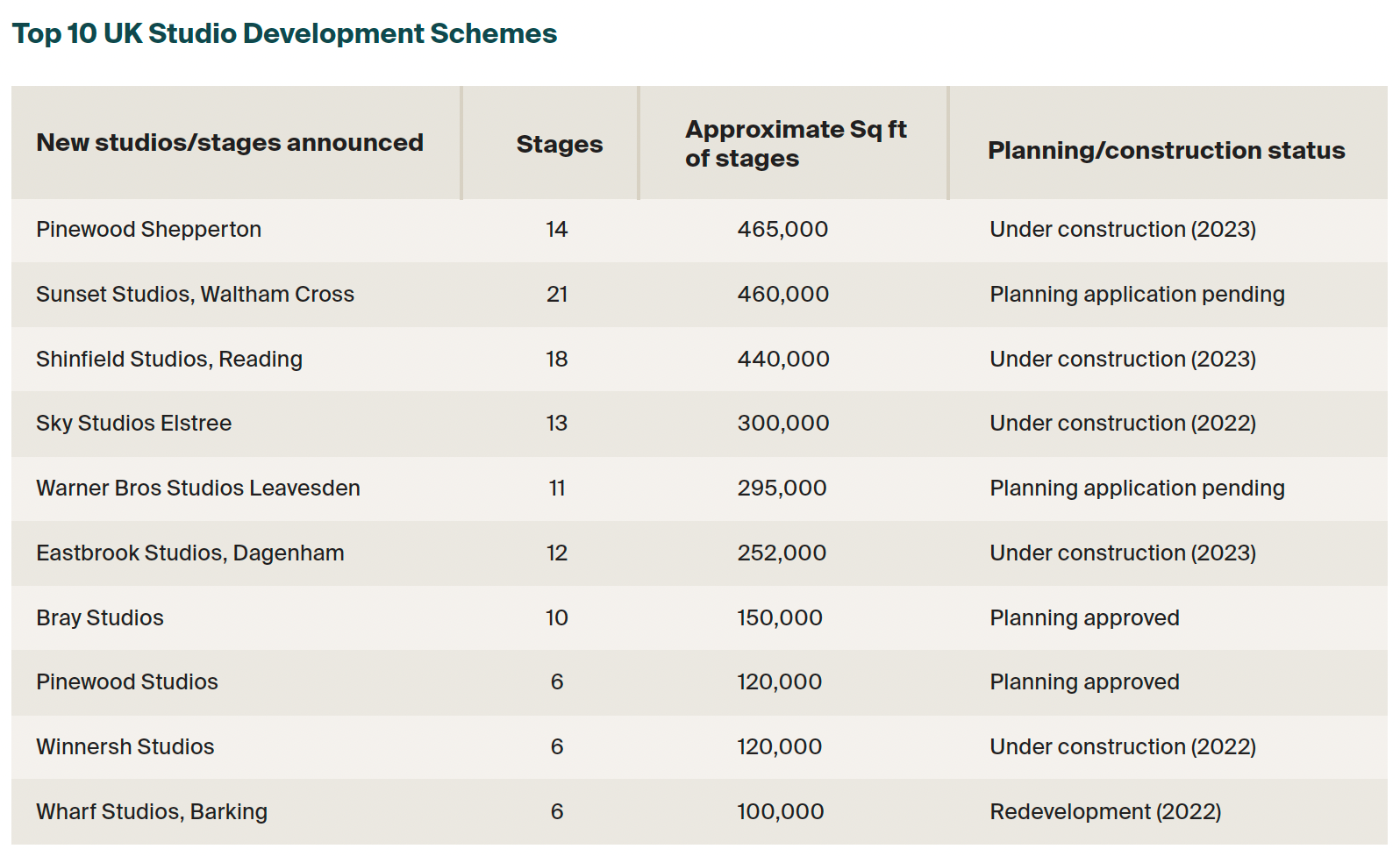Inflation hits a fresh 40-year high
Making sense of the latest trends in property and economics from around the globe
4 minutes to read
Inflation
The UK's annual rate of inflation hit a fresh 40-year high in the year to June, according to official figures out this morning. The Consumer Prices Index (CPI) rose by 9.4%, led by food and fuel. That's up from 9.1% in May.
Bank of England Governor Andrew Bailey got ahead of the numbers during a speech last night entitled, "Bringing inflation back to the 2% target, no ifs no buts". That opened the door to a half a percentage point hike at the next MPC meeting on August 4th. Here is the quote:
“If we see signs of greater persistence of inflation, and price and wage setting would be such signs, we will have to act forcefully. In simple terms this means that a 50 basis point increase will be among the choices on the table when we next meet.”
Wages are rising but not to such a degree that they are keeping up with inflation. Employers agreed average pay rises of 4% with their staff in the three months to the end of June, according to XpertHR. That reading has now been unchanged for three consecutive months.
Keeping cool
The Met Office recorded a UK all-time high temperature of 40.3C in Coningsby, Lincolnshire, yesterday.
Few UK homes were designed for this and the mini-heatwave has understandably prompted a surge in interest in cooling. Various publications, see the Times and Bloomberg to name two examples, look closely at ground source heat pumps for their ability to run cooling liquid through underfloor heating at very little cost. Colleagues have wondered whether rising temperatures might be the factor that pushes heat pump installations towards the 600,000 annual figure required to meet government targets (we are currently running at about 55,000).
I'm skeptical. The heatwave is set to end with thunderstorms this afternoon, leaving few incentives but the memory of yesterday as a reason to push on with what are costly installation works for most people. As the government's own climate watchdog pointed out earlier this month - relevant note here - one of the deciding factors will be a ratio of gas to electricity prices that make heat pumps cheaper to run than gas boilers. The Treasury has promised a consultation aimed at reforming energy prices to achieve that, but we are yet to see it.
Hydrogen
That's not to underestimate the power of external events to rapidly overhaul private markets.
Soaring gas prices prompted by Russia's invasion of Ukraine has significantly boosted the government's interest in hydrogen as a replacement for fossil fuels. A new round of subsidies for the industry should be announced soon and the government has appointed a 'Hydrogen Champion' from the private sector.
Hydrogen as a means for heating homes is still a nascent market, but it runs on the existing gas network and could be a good alternative to heat pumps should the technology work as expected. Pilots are underway, which will inform any decision on the role hydrogen plays in our energy supply in the near future.
Streaming wars
Blackstone and Hudson Pacific Properties received planning permission this week for Sunset Waltham Cross Studios, a major new studio facility for feature films, high-end television and digital production in Broxbourne, Hertfordshire.
The UK has in recent years become a world-renowned hub for film and TV production and the 'streaming wars' between powerhouses Netflix and Amazon and the UK's traditional broadcasters has turbo-charged the development of studio space across the country - you can read our in-depth research on the growth of the sector here.
The physical infrastructure and facilities are in place together with creative businesses, skilled and experienced crew, supply chains, plus an attractive fiscal environment prompted by various tax reliefs. All this is supporting growth which is pushing up rents.
There are currently around 6 million sq ft of production facilities. Total production spend is forecast to double over the next five years and it is reasonable to assume that space requirements will increase by a similar proportion. That would mean an additional 6 million sq ft of space needed between 2022 and 2026.

In other news...
Investors return to the Côte d'Azur - Kate Everett-Allen weighs the data.
Elsewhere - the architect trying to revive New York’s tired office skyscrapers (FT), and finally Britain may dodge recession, say forecasters (Times).
Photo by Krzysztof Hepner on Unsplash